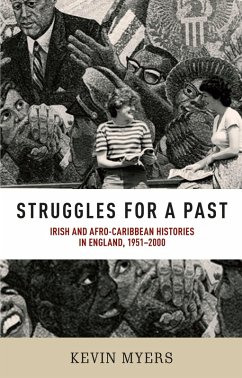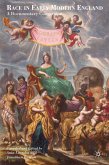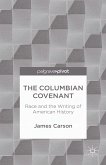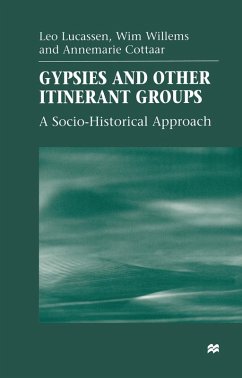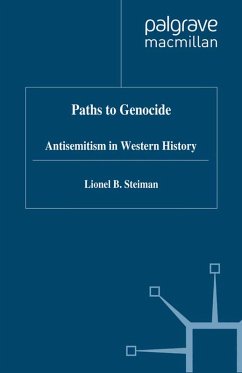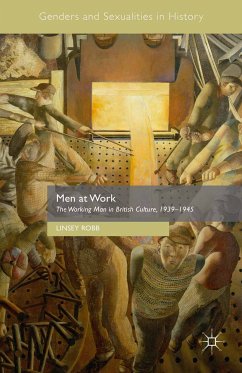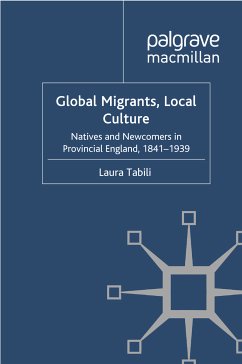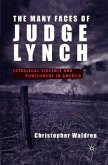This book examines the construction of ethnic communities, and of multicultural policy, in post-war England. It explores how Irish and Afro-Caribbean immigrants responded to their representation as alien races by turning to history. In cultural and educational projects immigrants imagined, researched, wrote and pictured their pasts. They did so because they sought in the past dignity, a common humanity and an explanation of the hostility that had greeted them in England.
But the meaning of the past is never fixed. Encouraged and conditioned by the burgeoning field of race relations, these histories were interpreted as expressions of difference. They asserted, it was claimed, specific ethnic needs and identities. They were the nation's 'other histories'. Drawing on a wide range of sources and covering many different debates, the book seeks to recover the inclusive historical imagination of radical scholars and activists who saw in the past the resources for a better future.
But the meaning of the past is never fixed. Encouraged and conditioned by the burgeoning field of race relations, these histories were interpreted as expressions of difference. They asserted, it was claimed, specific ethnic needs and identities. They were the nation's 'other histories'. Drawing on a wide range of sources and covering many different debates, the book seeks to recover the inclusive historical imagination of radical scholars and activists who saw in the past the resources for a better future.
Dieser Download kann aus rechtlichen Gründen nur mit Rechnungsadresse in A, D ausgeliefert werden.

